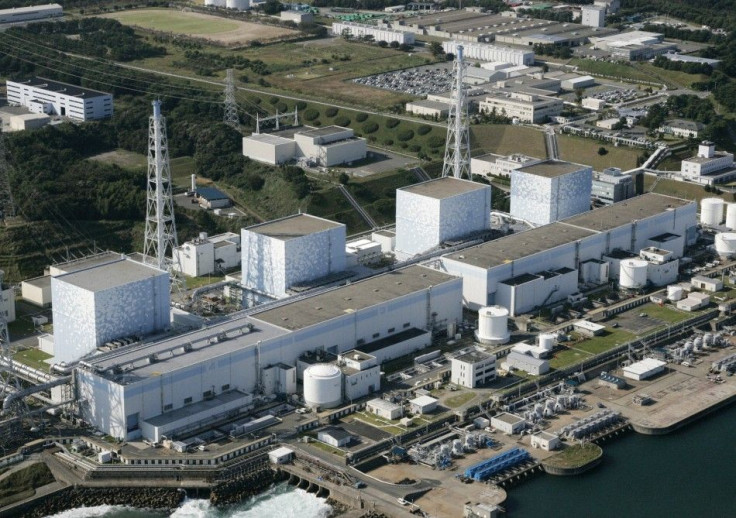Radiation leak confirmed; after natural catastrophe, Japan faces nuclear disaster

(Updated report as at 00:58 EST)
The Tokyo Electric Power Company (Tepco) has confirmed that there has been a release of a small amount of radioactive material at one of its two Fukushima-based nuclear plants where the cooling mechanism had failed after Friday's devastating earthquake. Most recent reports from the Associated Press suggested that a Japanese nuclear safety commission official had hinted that they were checking to detect if a meltdown had already taken place at the Fukushima Dai-ichi power plant. However, Tepco has assured that it is not melting down or cracking and that they are trying to raise the water level.
Even as Japan woke up, grappling to come to terms with the destruction and loss caused by the earthquake and resulting tsunami, authorities were reported as scrambling to reduce pressure in the Fukushima Daini and Daiichi plants. At the Daini plant temperatures of the coolant water in the plant's reactors soared to above 100 degrees Celsius, according to reports from Kyodo news agency.
Japan's nuclear safety agency has reportedly ordered the power company to open release valves in that plant, as well as the other Daiichi plant's No. 1 reactor. Radiation levels in the latter were reported to be 1000 times above normal.
Authorities have ordered the evacuation of people within 2 to 3 kilometers (1.2 to 1.8 miles) of the plants as a precautionary measure.
Nuclear experts across countries have warned that the situation could become grave if the fault at the Fukushima plant was not fixed soon. Cham Dallas, a professor of disaster management at the University of Georgia, has told CNN that the plants were likely to get both thermally hot and radioactively hot since the reactors had to be shut down.
Another nuclear physicist Dr Walt Patterson told The Sun: It is the sort of thing that nuclear engineers have nightmares about...If the core is uncovered, then those rods at the top may get hot enough to melt themselves.
However, Reuters quotes Sue Ion, former chief technology officer at British Nuclear Fuels as saying that there may not a radiation emergency ultimately; They may have something to fix but it's a precaution more than anything else, she said, after Japan declared an atomic power emergency.
The U.S. secretary of state Hillary Clinton has announced that the United States is sending coolant for the plants on Air Force planes.
© Copyright IBTimes 2025. All rights reserved.





















